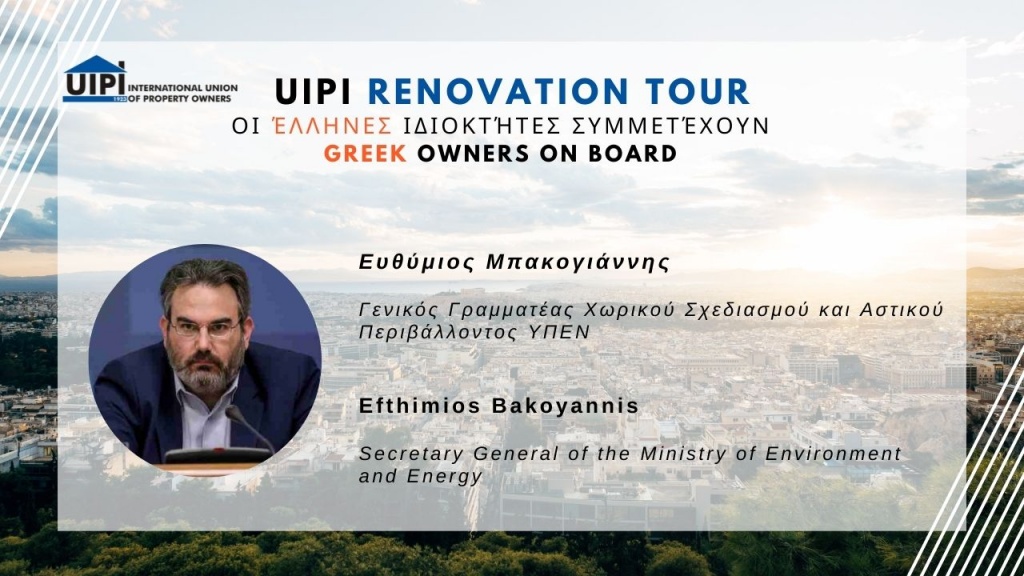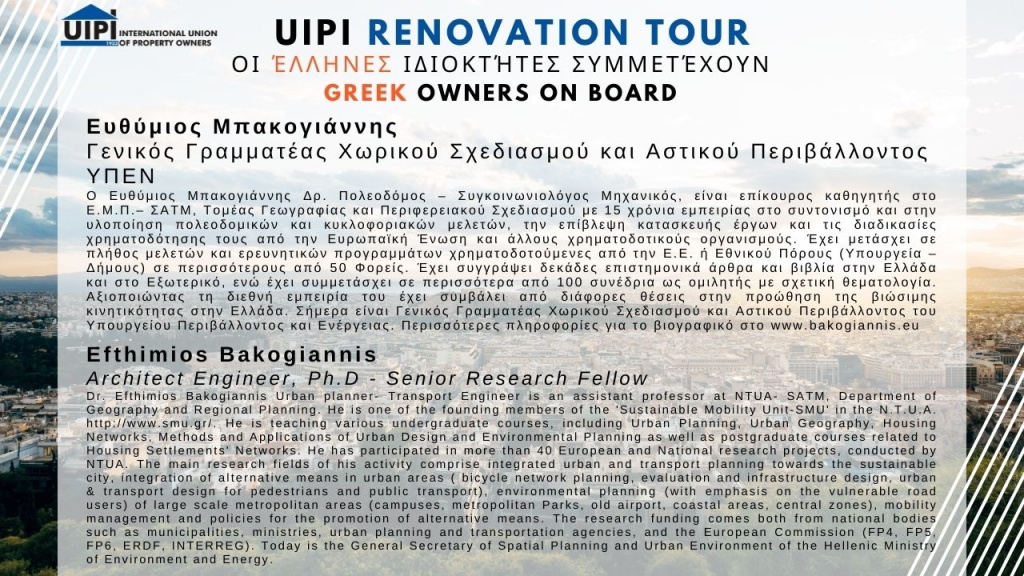For the second issue of our article series “Meet Our Member”, we head to Rome to meet Confedilizia. For over 130 years, this Organisation has been a secure reference point for all Italian property owners. Its representative basis counts millions of citizens: from individual owners to large real estate investors. Giovanni Gagliani Caputo, lawyer and Confedilizia’s Head of Institutional Affairs, opened up the doors of his Association and shared with us an interesting overview of its work and activities.
Giovanni, would you like to tell us something about Confedilizia?
Sure. Confedilizia, with its historical presence in Italy, combined with the quality of its services, has a well-established structure and a solid reputation. Our underlying philosophy and core objective is to protect and strengthen property rights. In order to do so, we rely on the great synergy with and among our 200 local associations.
In fact, thanks to their help, we offer to our members a wide range of services and initiatives such as conferences and trainings, in order to keep them abreast with the latest information about the sector. Through this, and despite the level of heterogeneousness within our country, our network has been keeping alive the culturally entrenched meaning of property throughout generations of property owners.
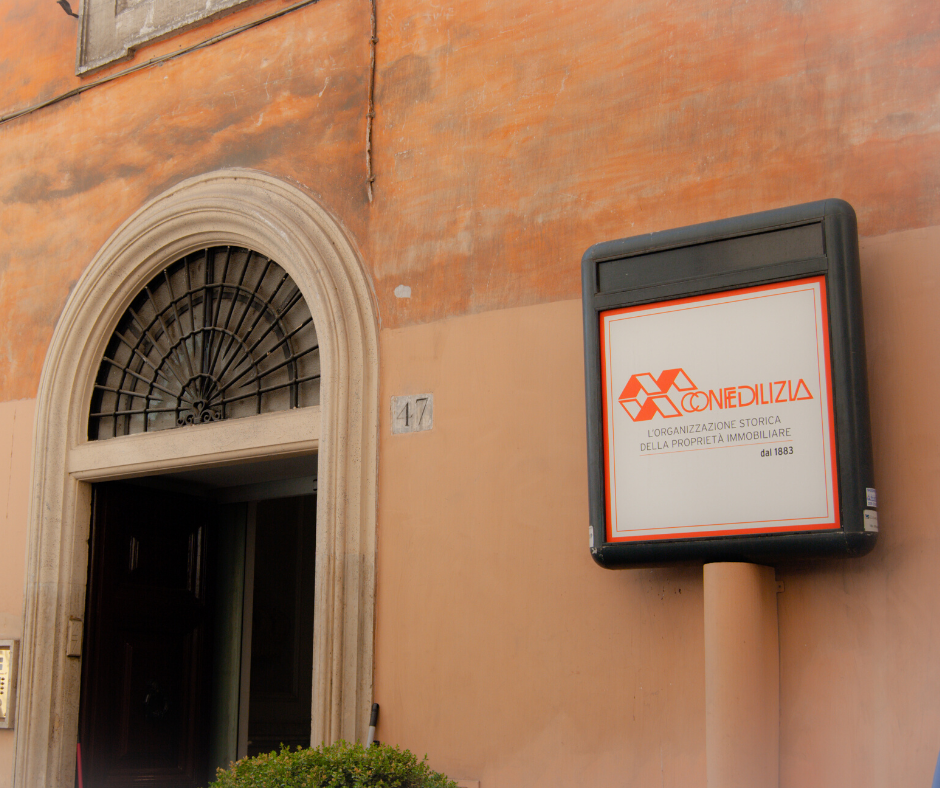
What are the services that Confedilizia provides to its members?
Lobbying activities aside, Confedilizia provides a wide range of services to its members. Next to our legal service, which puts in contact experts with property owners seeking for advice on legal, fiscal and technical matters, we also have ad hoc Internal Committees. They bring together experts on specific property-related issues and judicial protection services, and the work they produce is a useful source of documentation often used for researches and comparative analyses on the sector. Additional to these services we also organize, in collaboration with our partner Gesticond (Italian association of professional managers), in-class training courses for real estate managers, which are part of the official national curriculum for their professional qualification.We are also active on the communication side. In fact, through what we call Confedilizia edizioni (along with other legal publishing houses), we regularly publish volumes on specific subjects. Also thanks to our internal Study Centre, we prepare researches and surveys to be disseminated and published in other magazines and newspapers.
Can you tell us a bit more about your lobbying activities?
Confedilizia takes care of all strategic aspects in view of the achievement of its already mentioned objectives. The strategies clearly vary according to the area we operate in, even if we always seek a uniform approach throughout our local associations. Besides, we have established liaisons with international, national and local institutions. Our networking activities are supported by a long-standing relationship between Confedilizia, the Government and Ministries, coupled with the thorough daily legislative monitoring undertaken by our executive branch and chambers. As a key and officially-recognised stakeholder of the real estate sector, we are often asked to provide support and suggestions to the parliamentary committees which draft new laws on the subject.
Last but not least, in the case of upcoming legislative elections, Confedilizia always hands out ad hoc surveys to get to know with duly advance the positions of the running candidates on all matters of interest to us, in order to better place ourselves within future political debates and/or possible legislative processes.
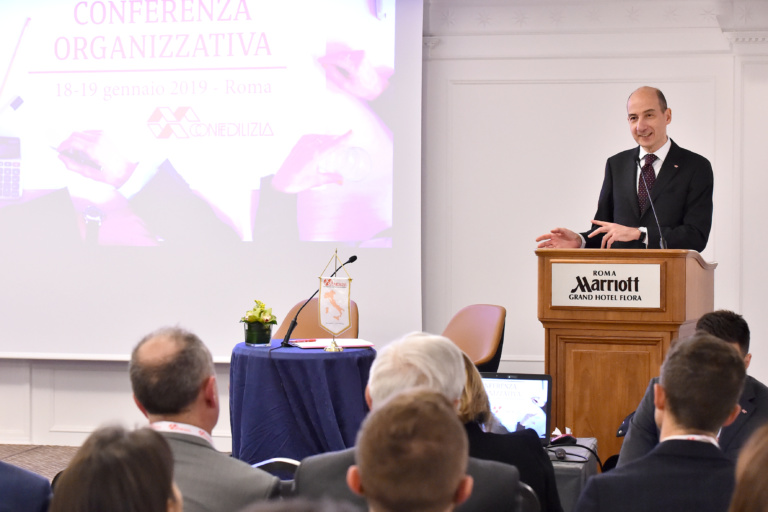
Can you share some of your recent lobbying actions?
Last year, in the framework of the 2019 Italian Budget Law, we strongly advocated for the adoption of a flat rate tax on commercial rental contracts. The flat rate tax was intended by Confedilizia as a way to take action against the scourge of vacant premises with commercial purposes, mainly due to excessive taxation.
However, the final outcome is not yet fully satisfactory as it is applicable only to those contracts concluded in 2019. Operators need certainty and a long term vision.
According to your experience, what are the most pressing issues for your members?
Lately, we have been strongly advocating for a flat rate tax on commercial rental contracts, and we have gone against the reinforcement of the well-known property taxes IMU and TASI, as they have been clearly putting a break on the economic development of our country. On this topic, last September, in collaboration with UIPI, we organised an event at the European Parliament, where we debated on the relation between shifting the tax-mix away from labour onto capital (notably to real estate) and economic growth, which is not that straight forward, rather the contrary! Anyway, of course, all issues that have an impact on property and real estate are important for us. For example, the collaborative economy has been widely discussed in Italy and many cities all over Europe are taking actions against short-term rentals. This is a topic that Confedilizia has to follow as it has been impacting the short-term rental accommodation market and touristic sector in Italy, and in Europe at large. Therefore, we choose exactly this topic for the 45th UIPI Congress, which we are hosting in Rome this June! What better opportunity than discussing the challenges and benefits of this new phenomenon’s business models in sunny Rome?
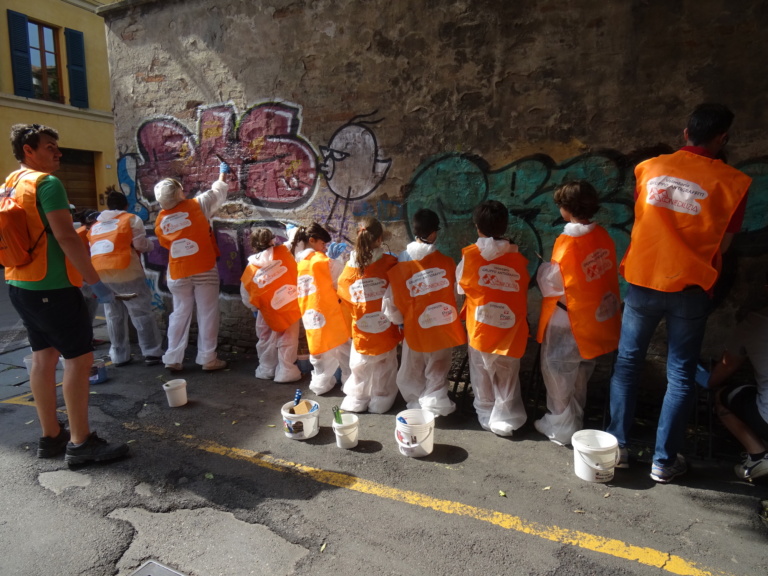
Since Confedilizia has a long history, how do you keep up with the new generations of property owners?
Being connected with the younger generations is important and indeed Confedilizia is turning some of its services digital! Apart from our online trainings, we are strengthening our presence on social media platforms.
However, going digital is not the only way to raise awareness among youngsters. Some of our regional members organise actions together with young volunteers to clean up walls of buildings from illegal graffiti. Supported by the advice of experts, these volunteers start appreciating and respecting properties (be they private or public). Overall, I think that this initiative helps us transmitting an important message which is: protecting all forms of artistic expression as long as they do not spoil others’ properties.
According to your experience, what are the most pressing issues for your members?
For us, it is important to increase awareness about the importance of our sector, its strengths and challenges at both EU and national level. We do that through our intensive cooperation with our Government, and the European Institutions thanks to UIPI.
In our view, the right balance should be found between national and European competences. Our real estate and housing stocks are intrinsically influenced by the national and local economy as well as by our traditions and culture. The challenges we face are very diverse. There is no one-size-fits-all solution. Our role is to convey these differences at national and European level. Our policies need to be useful and adapted to the reality, not burdensome.
At Confedilizia, we believe that together we are stronger and with the help of one another it will be possible to create a fruitful synergy!

